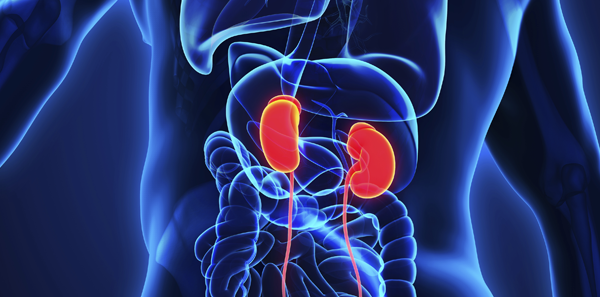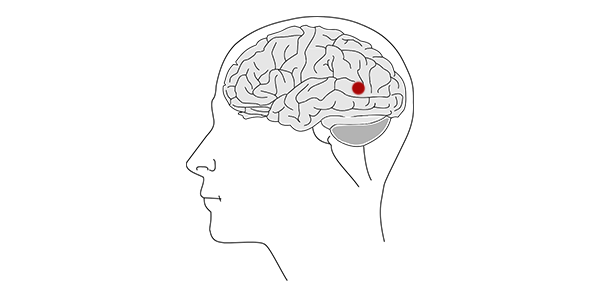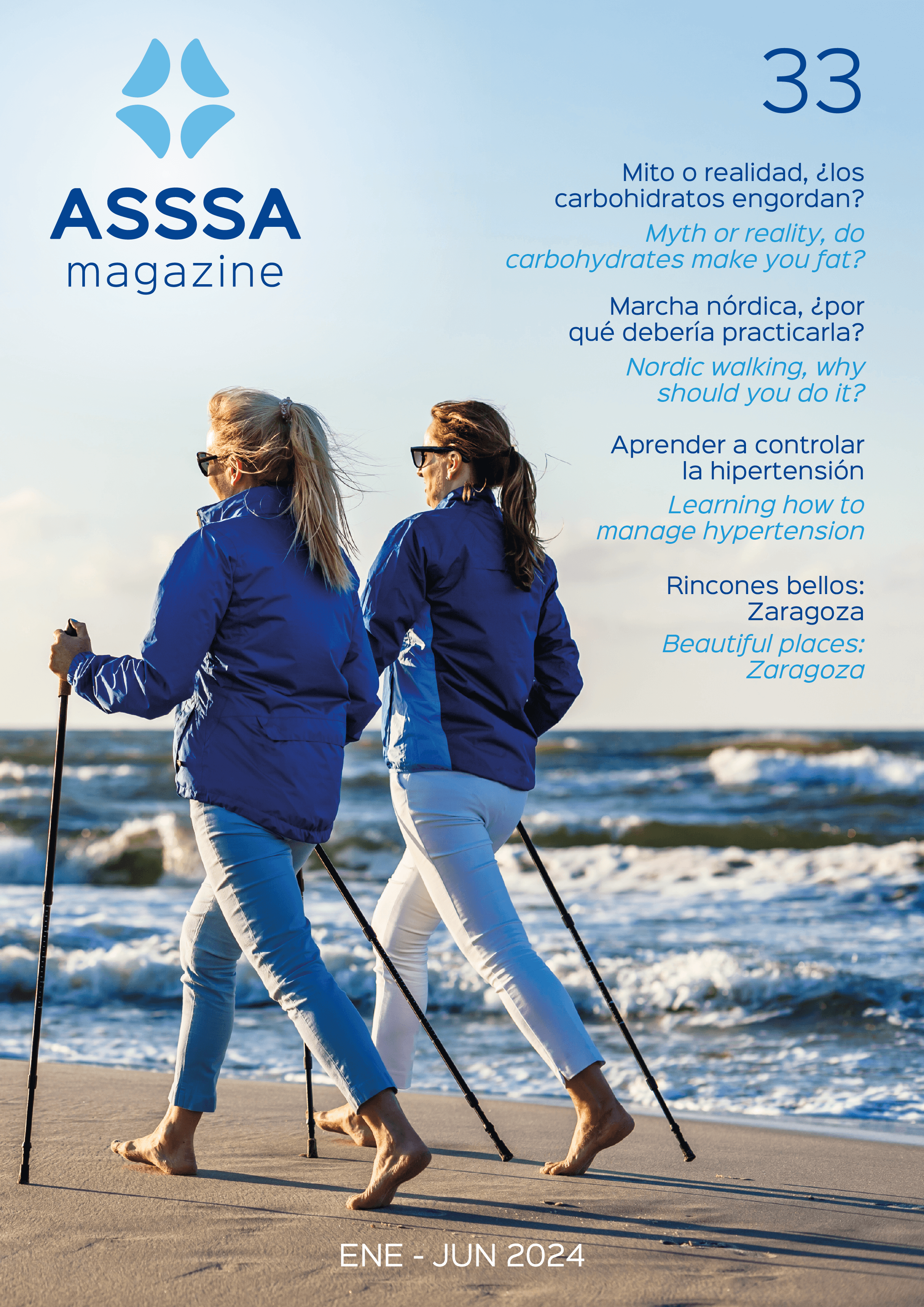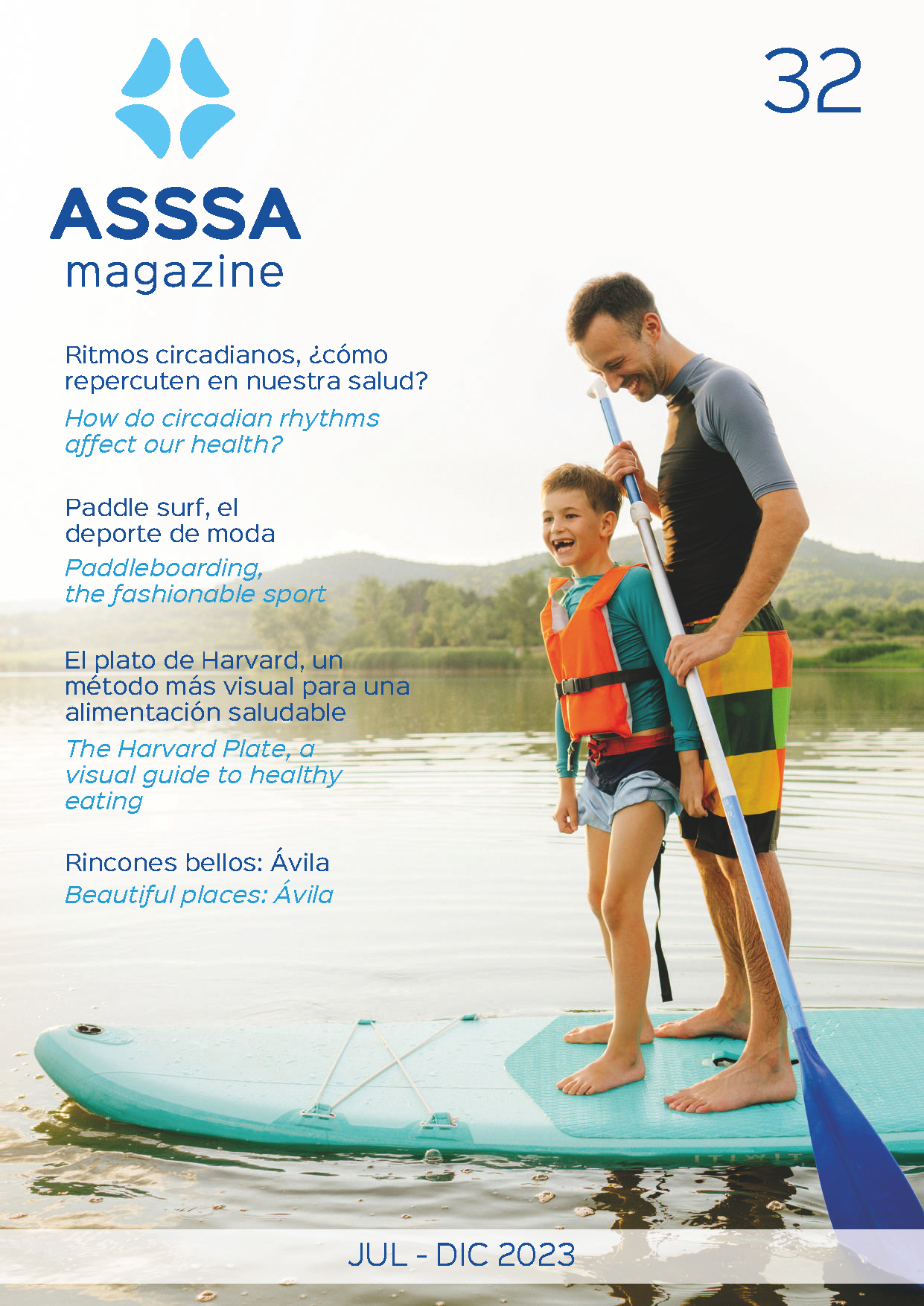
Urine can dissolve more salts than an equivalent amount of water and the urinary tract is able to eliminate crystals formed before they clump together and form stones. In other words, nature can prevent stones from forming.
If stones have formed in the kidney despite the prevention mechanisms in place, the question is what has to happen for a kidney stone or renal lithiasis to occur. The answer is not a simple one and refers to the physical and chemical conditions of the solution that we call urine.
In the same way as you can dissolve sugar in milk depending on the amount of milk there is, how hot it is, how much coffee has been added to it first and how fast you stir it with a spoon, the ability of urine to dissolve a solid depends on the amount of water the kidney eliminates, the acidic conditions (pH), the type and quantity of salts present and the speed with which the urine flows through the urinary tract.
The first is the amount of water the kidney can use to eliminate the salts that need to be expelled from the body with it. If you drink little, there will not be much water for dissolving the salts to be eliminated.
The amount of salts eliminated in your urine depends on your diet and metabolic rate. There may be situations in which there are high emissions of calcium, uric acid or oxalate, which are the basic components of stones formed in the kidneys. In such circumstances these substances cannot dissolve and precipitation may occur. However, in normal conditions the kidneys also eliminate substances that favour the dissolution of these salts and enable the urine to dissolve more than an equivalent amount of water. These are crystallisation inhibitors (phytate and citrate).
Lastly, crystal formations and even small calculi are frequently formed and then eliminated before they can grow any larger by the flow of urine driven by the action of the urinary tract.
So a kidney stone or renal lithiasis is formed when the urine is concentrated (little water and a lot of salt) without enough crystallisation inhibitors and the action of the urinary tract does not allow the calculi to be washed out quickly enough before they grow.
Kidney stones can be prevented from forming by drinking a reasonable amount of fluid (2 litres per day), reducing table salt consumption (sodium drags calcium into the renal duct) and red meat, as well as increasing intake of vegetables and nuts (rich in phytate) and avoiding a sedentary lifestyle.
Dr. Manuel Sánchez Marcos – Specialist Urology Consultant Vistahermosa Clinic in Alicante
The information published in this media neither substitutes nor complements in any way the direct supervision of a doctor, his diagnosis or the treatment that he may prescribe. It should also not be used for self-diagnosis.
The exclusive responsibility for the use of this service lies with the reader.
ASSSA advises you to always consult your doctor about any issue concerning your health.












